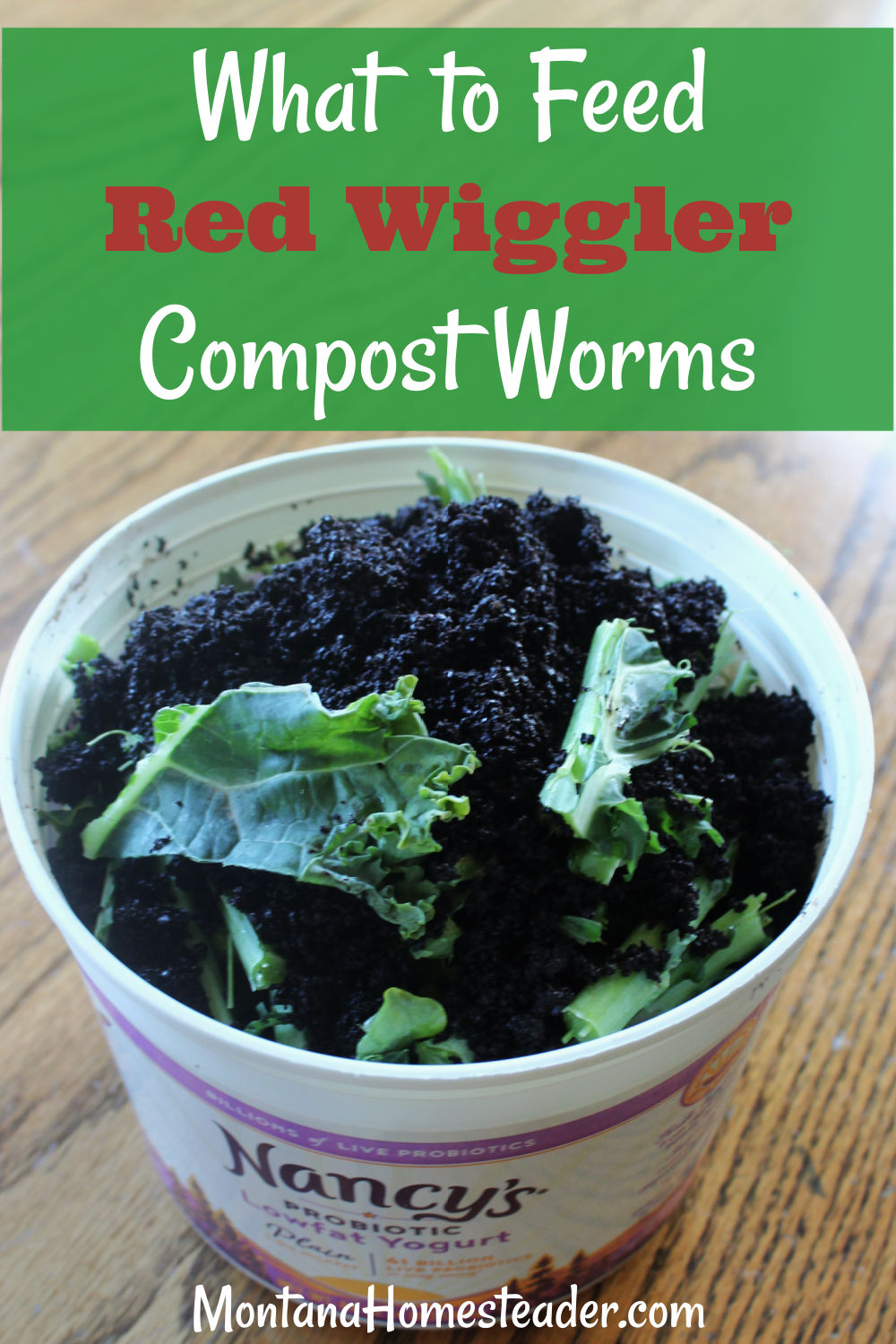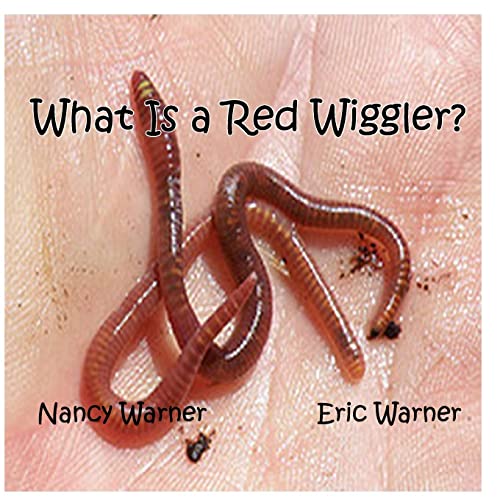Achieve a Greener Lawn with the Help of Red Wiggler Express Lawn Care Treatments
Achieve a Greener Lawn with the Help of Red Wiggler Express Lawn Care Treatments
Blog Article
Open the Keys of Red Wigglers: Your Guide to Composting Success
The assimilation of red wigglers right into composting methods presents a significant opportunity for boosting dirt health and advertising sustainability. These organisms are not merely reliable recyclers of organic waste; they use a myriad of benefits that can transform yard administration. Recognizing their demands and habits is important for enhancing their possibility, from establishing an ideal worm bin to feeding them the right materials. As we check out the essential components of successful vermicomposting, one could wonder just how these tiny animals can cause a much more vibrant and effective yard ecosystem.

What Are Red Wigglers?
(Red Wiggler Express)Red wigglers, scientifically called Eisenia fetida, are a types of earthworm mostly made use of in composting due to their exceptional capacity to decompose raw material successfully. These worms are identified by their reddish-brown coloration and a segmented body, typically gauging between 3 to 4 inches in length. Unlike other earthworm varieties, red wigglers flourish in rich, organic atmospheres, making them ideal for vermicomposting systems.
Indigenous to North America, they are frequently found in decaying leaves and compost heap, where they play a critical role in nutrient recycling. Their adjustment to living in a damp, aerobic setting enables them to eat big amounts of natural waste, simplifying right into nutrient-rich castings that enhance soil health and wellness.
Red wigglers reproduce rapidly, with a single worm capable of producing numerous cocoons each week, each consisting of numerous hatchlings. Comprehending the biology and actions of red wigglers is essential for maximizing their potential in composting applications.
Benefits of Using Red Wigglers
Taking advantage of the power of red wigglers in composting provides various advantages that improve dirt health and wellness and advertise sustainable waste administration. These exceptional organisms efficiently damage down raw material, transforming kitchen area scraps and lawn waste into nutrient-rich vermicompost. This completed product is incredibly advantageous for plant growth, as it enhances dirt structure, enhances moisture retention, and boosts vitamins and mineral availability.

(Red Wiggler Express)Furthermore, the presence of red wigglers in your composting system can increase the composting procedure, producing top notch garden compost in a fraction of the time compared to typical methods. The castings generated by these worms are likewise including valuable bacteria that further enrich the soil environment.
Setting Up Your Worm Bin
Creating an efficient worm bin is an uncomplicated process that can dramatically boost your composting efforts. Worm containers can be made from plastic storage bins, wood boxes, or readily available worm containers.
Following, prepare the bedding material, which offers as the worms' habitat. A mix of shredded paper, cardboard, and coconut coir functions well, supplying a comfy setting for the worms.

Feeding Your Red Wigglers
To guarantee the wellness and productivity of your red wigglers, it is important to provide them with a well balanced diet plan that meets their dietary needs. Red wigglers prosper on a varied range of organic materials, which not only provide necessary nutrients however additionally promote reliable composting.
Beginning by incorporating cooking area scraps such as veggie peels, fruit cores, and coffee premises. Stay clear of citrus fruits, onions, and garlic, as these can be destructive to worm health. In addition, introduce shredded paper, cardboard, and dry leaves to develop a well-aerated atmosphere.
Feeding regularity should be monitored; usually, worms can consume half their body weight in food weekly. It is crucial to stay clear of overfeeding, as excess food can result in unpleasant smells and bring in parasites. A good practice is to include food in percentages, permitting worms to process it before presenting more.
Keeping wetness degrees is likewise crucial; the bed linen needs to be moist yet not soggy. Last but not least, make sure to on a regular basis check the temperature level and pH levels of the bin to make certain an ideal atmosphere for your red wigglers, eventually enhancing their composting effectiveness.
Harvesting and Using Compost
A successful composting procedure with red wigglers finishes in the rich, dark compost called vermicompost, which can dramatically improve dirt health and plant development. Harvesting this nutrient-dense product usually browse around here takes place every three to 6 months, depending on the size of your system and the quantity of raw material being processed.
To collect, carefully separate the garden compost from the worms and any undecomposed materials. One effective method involves moving the components of the bin away and adding fresh bedding and food to the vacant area, urging the worms to migrate. After a couple of days, the garden compost can be collected from the contrary side.
It is necessary to utilize vermicompost properly to maximize its benefits. It can be used as a leading dressing for garden beds, blended right into potting dirt, or made into a nutrient-rich liquid fertilizer referred to as "worm tea." This application method assists to deliver vital nutrients straight to plant origins, promoting much healthier growth. By including vermicompost into your gardening routine, you not just recycle organic waste however likewise create a successful environment that supports lasting gardening practices.
Final Thought
In summary, red wigglers act as phenomenal allies in composting efforts, changing organic waste right into nutrient-rich vermicompost (Red Wiggler Express). Their distinct biological features and efficient waste processing capabilities contribute substantially to sustainable gardening methods. By comprehending the optimum conditions for their habitat, feeding requirements, and compost harvesting techniques, garden enthusiasts can improve dirt health and promote plant vigor. Accepting vermicomposting not only reduces land fill waste but likewise cultivates an extra ecologically accountable technique to gardening and resource management.
Report this page